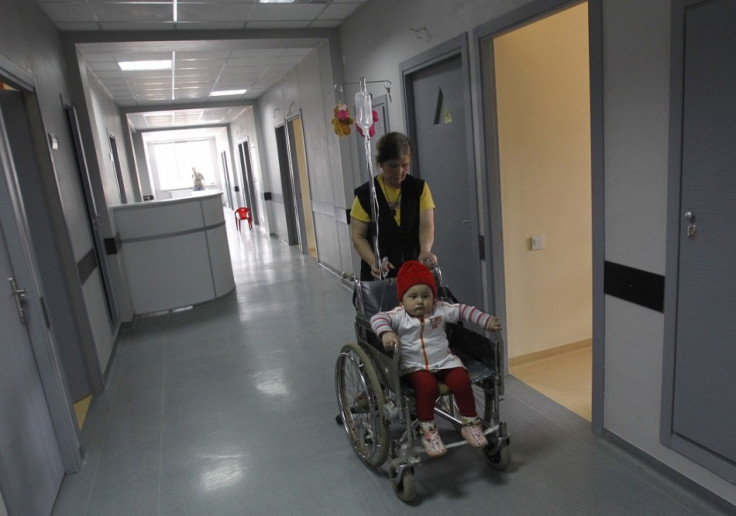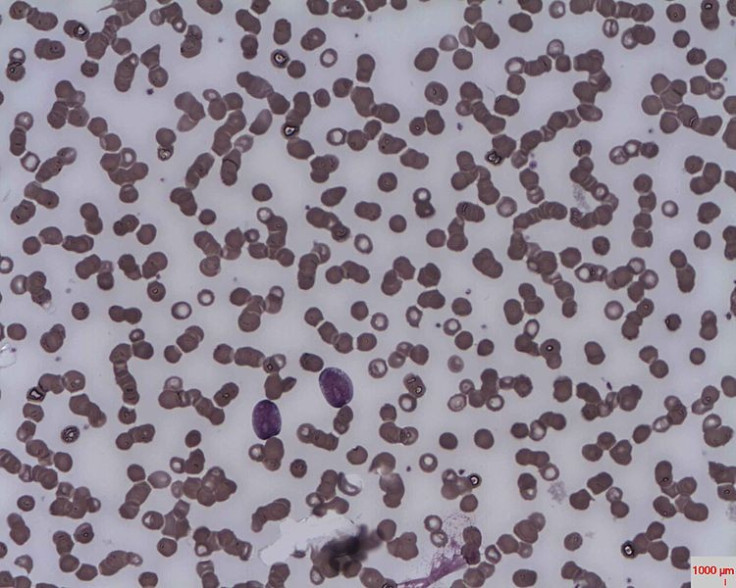Genetic Mutation Increases Risk of Childhood Leukaemia

The risk of childhood leukaemia is increased by a genetic mutation, researchers have found for the first time.
A team of scientists from the Memorial Sloan-Kettering Cancer Centre, St Jude Children's Research Hospital and the University of Washington found that a gene called Pax5, is involved in the development of some cancers, including acute lymphoblastic leukaemia (ALL), the most common type of cancer in children.
Published in the journal Nature Genetics, lead author Kenneth Offit said: "We're in unchartered territory. At the very least this discovery gives us a new window into inherited causes of childhood leukaemia.
"More immediately, testing for this mutation may allow affected families to prevent leukaemia in future generations."
In the UK, one in every 2,000 children will develop ALL, with 85% of cases occurring in children under the age of 15. The majority are in children between two and five years old.
Around 88% of children diagnosed with ALL live for more than five years after diagnosis.
Researchers first noticed a link between genes and childhood leukaemia in a family being treated at the Memorial Sloan-Kettering Cancer Centre in New York.
Several family members had all been diagnosed with ALL and tests showed they all carried a mutation in the Pax5 gene.

This gene is a master gene that regulates the activity of several other genes. It is also responsible for maintaining the function of B cells - a group of white blood cells vital to the immune system.
A second non-related family where several members suffered from ALL were also found to have the mutation in subsequent experiments.
Researchers found that one of the two Pax5 genes was missing, with participants having only a mutated version.
The team plans to determine the percentage of children with ALL have the Pax5 mutation.
Offit was involved in the research team responsible for identifying the BRCA2 gene, which is associated with the increased risk of breast and ovarian cancer.
© Copyright IBTimes 2025. All rights reserved.






















